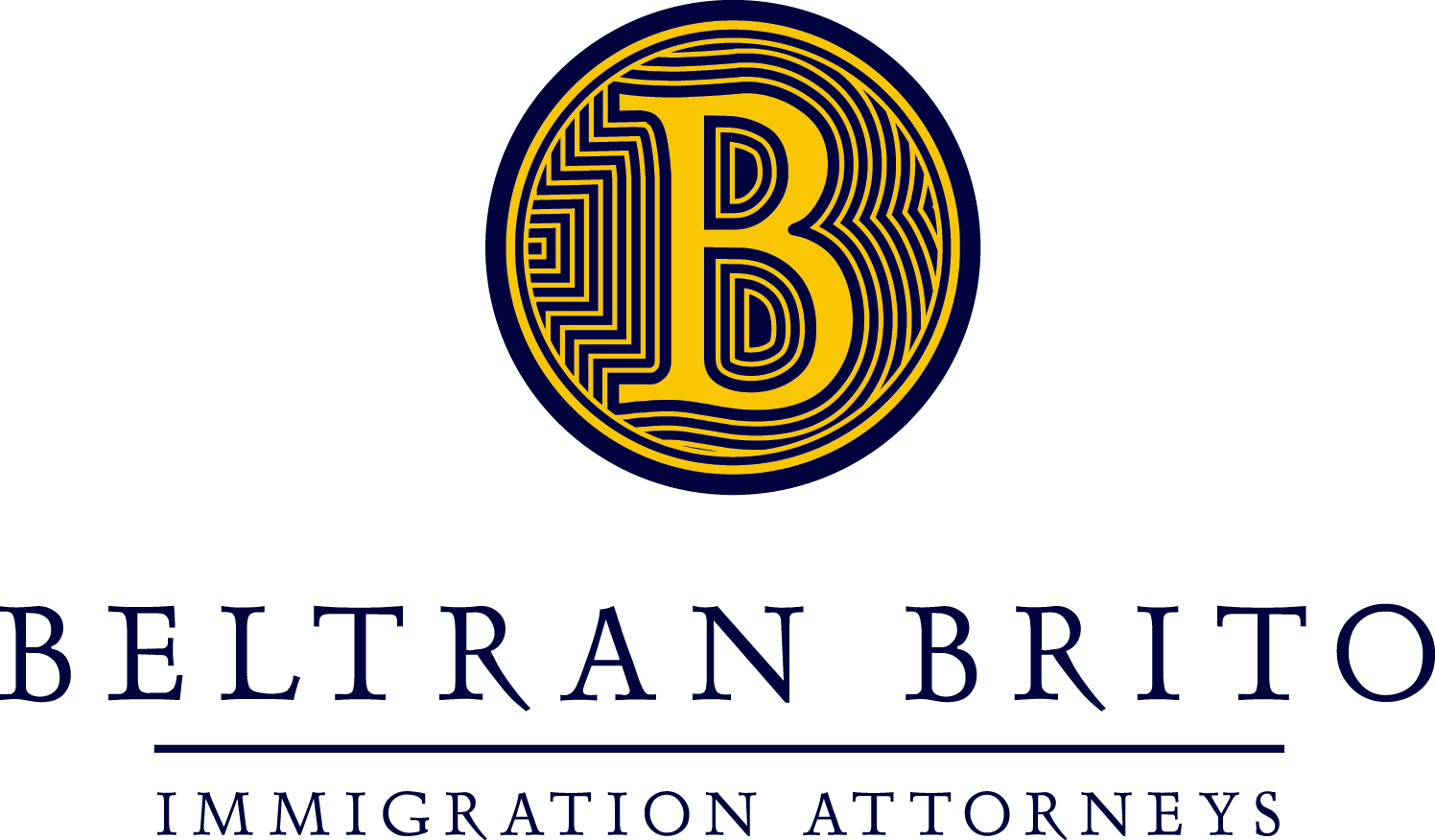The EB-1 visa is an immigration visa based on employment that gives first choice to immigrants with extraordinary ability as academics, researchers, multinational executives or managers.
The EB-1 visa has some benefits, for example:
- Residence in the United States
- Ability to leave and enter the United States without restriction
- Ability to work in the United States
- Holders of the EB-1 visa are allowed to bring dependents to the United States, such as wife/husband or unmarried children under age 21 with a dependent visa.
It’s important to mention that this visa also has some limitations
- The applicant should check EB-1 that meets the criteria for one of the three categories EB1.
- The applicant must come to the United States to continue their work in qualifying for the “extraordinary or outstanding” status.
This visa has three categories
- EB-1 (A): To qualify for this category, you should check extraordinary ability in the sciences, arts, education, business or athletics. Extensive documentation where their achievements and recognition in their field are displayed. The applicant does not need a job offer in the United States.
- EB-1 (B): This category is for outstanding professors or researchers. Applicants must have at least 3 years experience in teaching or research in their field. The purpose of entry into the United States must be the search for an office or work in a research position at a university or institution of higher education.
- EB-1 (C): This visa is for executives or managers of leading multinationals. To qualify, applicants had to work outside the United States in the last 3 years with 1 of those years working for a company or corporation as a manager or executive. The applicant must seek entry to the United States to continue their employment with the same company, subsidiary or branch.
